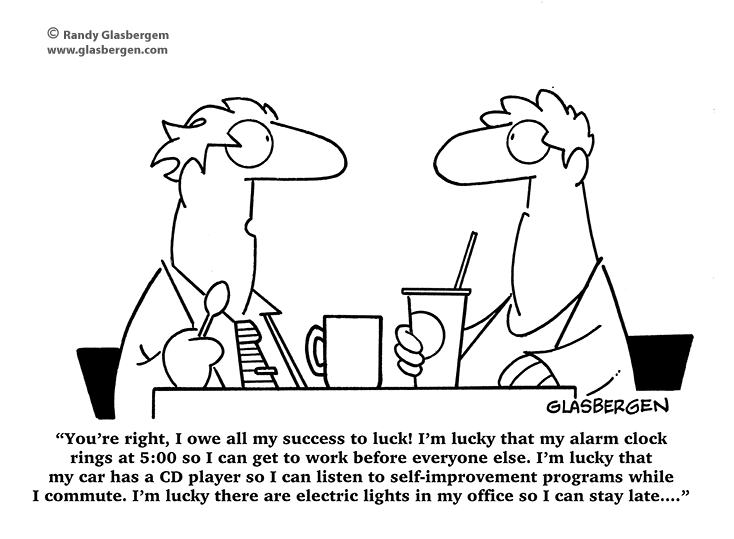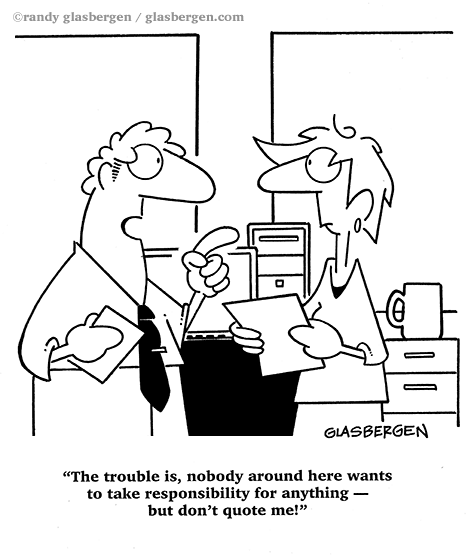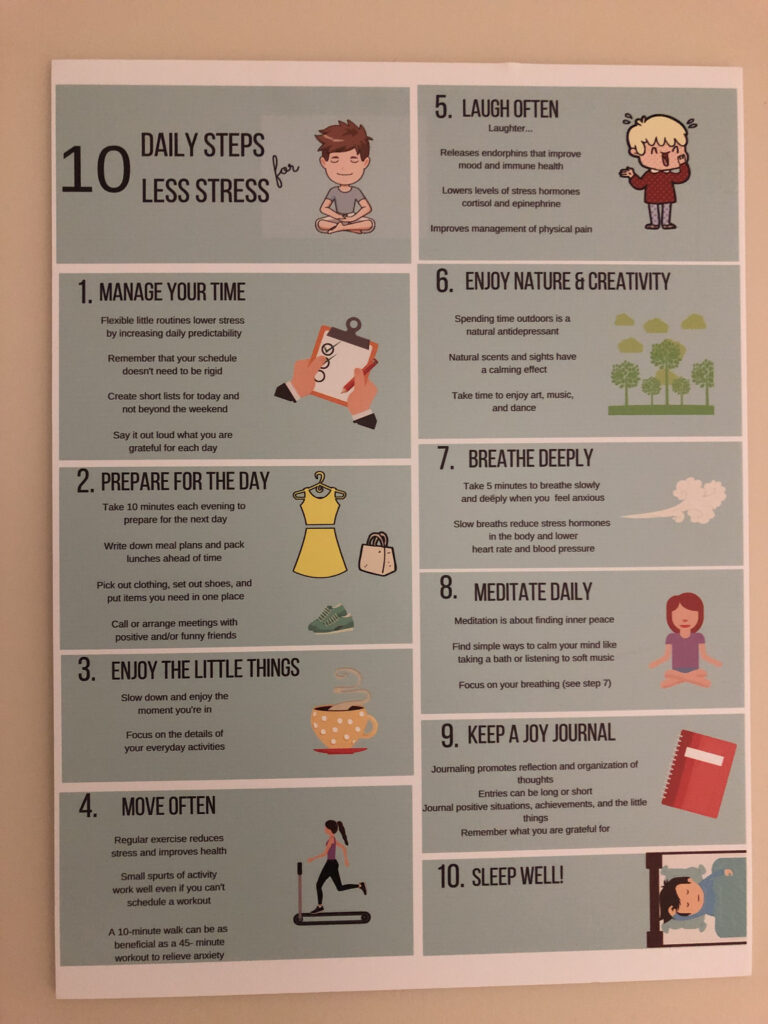 In ancient Roman religion, Fortuna was the goddess of fortune and the personification of luck. Her name was used in various proverbs including, fortis Fortuna adiuvat—Fortune favors the brave.
In ancient Roman religion, Fortuna was the goddess of fortune and the personification of luck. Her name was used in various proverbs including, fortis Fortuna adiuvat—Fortune favors the brave.
The phrase was used in Terence’s 151 BC comedy play Phomio, line 203. Ovid further parodies the phrase at I.608 of his didactic work, Are Amatoria, writing “audentem Forsque Venusque iuvat” or “Venus, like Fortune, favors the bold.”
Elon Musk (who was Time magazine’s 2021 Person of the Year) is the personification of this proverb. He has impacted the world and made a fortune through courageous and brave acts. Here’s part of his story.
When Musk was 28 years old he sold his first company (Zip2) for $22 million. Instead of coasting on his success, he invested his money in two incredibly risky startups in industries with high costs, long development timelines, and massive barriers to entry: the automobile and space industries. His car company, Tesla, is now worth over a trillion dollars and produces two thirds of all electric cars. His company SpaceX is the global leader in building and flying rockets and crews. It was recently chosen by NASA to build the ship that will put astronauts back on the moon. Musk predicts that his company will land a person on Mars within five years. He recently became the world’s richest person with a net worth above $300 billion.
The term fortune should not be limited to financial prosperity. Financial reward is not what drives Musk; vision and the challenge-of-the-hunt does. Sometimes fortune describes the accomplishment of a high ideal. In the same week that Musk was announced as Time’s Person of the Year, the great Desmond Tutu died. His brave and courageous life led to the abolition of apartheid in South Africa. His fortune was freedom for his people.
But how might this proverb apply to us mere mortals? Elon Musk is an extreme example of this proverb. And for every Musk, Tutu, Jobs, and Gates, there are millions of people who acted bravely and ended up fortune-less. What is the fine line between bravery and stupidity? Quite frankly, if I suddenly had $22 million I would simply invest it and live off the growth.
In my own life, the few times that I have been brave and stepped into unfamiliar territory have ended well. Some financial risks I took have been beneficial and some risky professional moves paid off.
Sometimes, it doesn’t take giant leaps of faith and risky decisions for life to proceed well. Do you remember Aesop’s fable about the tortoise and the hare? The moral lesson of the story is that you can be more successful by doing things slowly and steadily than by acting quickly and carelessly.
So should we all be brave? Are we lacking if we’re not? Perhaps the key is knowing yourself and living an authentic life. Some people have an abundance of the “brave gene” and others don’t.
Or perhaps we should reinterpret what fortune means. If you are shy and bashful and feel uncomfortable in social settings, an act of bravery might be attending a party or initiating a meal with someone. If you’re reluctant to get out of your comfort zone, an act of bravery might be pursuing a new hobby in which you feel out of control and intimidated.
What do you think about this topic?




